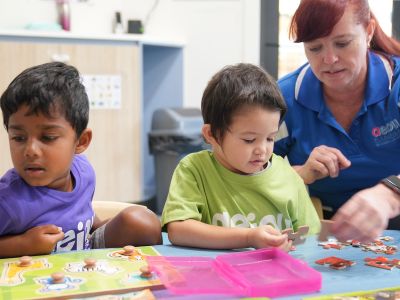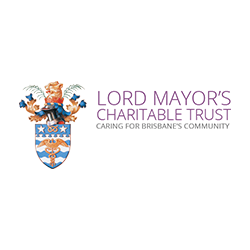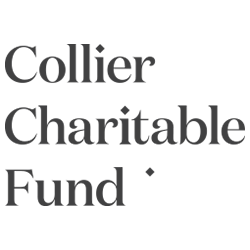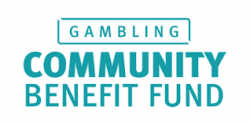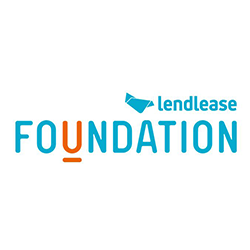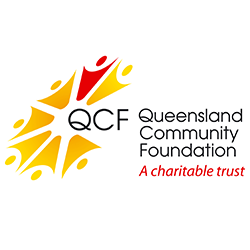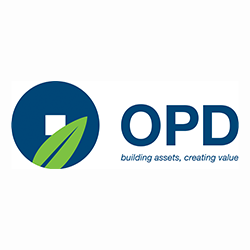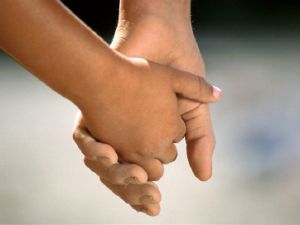
My name is Michael Scanlon, and I have a transgender sister with Autism. Growing up, I never really knew why my sister was different. At the time, I simply attributed our differences to variations in who we were as individuals and never considered what exactly made us so dissimilar.
I did notice the differences often though. Despite being 18 months younger, I knew that I learned to ride my bike first; I learned to tie my shoes first; I continued playing baseball when she didn’t because she couldn’t hit the ball and I could; I learned my multiplication and division tables first; I made more friends and I got better grades in school. I just seemed to understand that I was a little better at a lot of things. Looking back on my childhood, with the understanding of Autism that I have today, I now know that my sister had deficits in fine and gross motor abilities, she didn’t attend or learn as easily as I could, and she also lacked the socialisation skills that I possessed because she didn’t understand nonverbal language. In retrospect, I now view my memories with a large degree of empathy for my sister but also a large degree of respect for the way I was raised.
My parents did an excellent job of ensuring I was always rewarded for the things I did well. They encouraged me to succeed in sports and school. They set aside time for me individually and they set an example of how to interact not just with my sister but with others as well. Unbeknownst to me at the time, they also encouraged me to interact with my sister in ways that suited her needs and her interests. Today I am better because of the way I was raised and so is my sister. I am caring and compassionate especially towards those with autism. I am protective of my friends and my relationships with them and I am as competitive as it comes (likely an outgrowth of my younger years when I was reaching developmental milestones first and was rewarded for continuing to do so.) My upbringing was everything I could have wanted as the sibling of someone with autism, and the key components of that upbringing, which I’m thankful to be able to share, are universally applicable to all siblings with autism.
- Always reward and encourage siblings to be the best that they can be and never take for granted the skills that they possess, even if those skills are not as hard to come by as they would be for their sibling with autism. Encouraging excellence and continued achievement in all of our children is vital.
- Feel free to begin explaining autism as early as you think your child can understand. An understanding of his or her sibling’s autism may help to foster empathy and deeper understanding. However, ensure we always use language that the child can understand even beginning with ideas such as “he or she is just a little different” or “he or she has trouble sometimes with this or that”.
- Have outlets that emphasise the strengths of each child (e.g. sports, clubs, activities, etc.)
- Utilise family and carers to watch your child with autism so that you can spend time with the siblings who do not have autism. Often times children without autism are not given as much attention because they aren’t having meltdowns or having issues with learning or socialisation. However, if siblings are too neglected it can lead to feelings of resentment toward the parents and also, unfairly so, the sibling with autism.
- Be open to the feelings of your child and remember some negative emotions are completely normal and understandable in such a difficult situation. Avoid chastising these negative emotions but rather talk about them openly and honestly.
- Strive for some level of fairness. For example, reward your children without autism for engaging in positive behaviours the same as you would for your child with autism. Showing somewhat similar expectations can lead to more positive outcomes for all children.
- Teach your children to engage in activities that are of interest to your child with autism. I was taught to play Chess, an activity my sister loved and this led to many hours of socialisation that I still remember today.
- Remember that its ok for your children to feel protective of their sibling with autism. My sister was often picked on and teased which led me to stand up to kids several years older. This built resiliency and a continued protective nature that I still show today towards not only friends but also anyone who is taunted or harassed just because they are different in some way. My empathy for others is beyond what it ever could have become without learning to be protective growing up.
- Lastly, and perhaps most importantly, be the example you want your children to emulate: Be kind, caring, compassionate, understanding, loving. You are the brightest light in the life of your children and they will look to you when trying to understand this world. Be everything that you want them to become towards their sibling with autism and they will absolutely follow in your footsteps.
Autism Speaks has a great resource for siblings of those with autism. Click here for more information.
About the author:
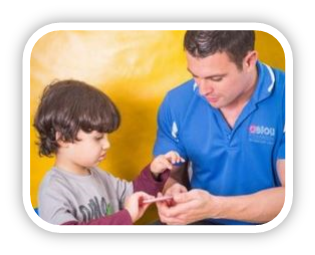
Michael Scanlon is a senior behavioural therapist with AEIOU Foundation. He is responsible for the clinical supervision of therapy staff across AEIOU’s centres. Since joining the team at AEIOU, Michael assisted in the development of the Foundation’s curriculum and behaviour manual.
Originally from the United States, Michael studied at Lewis University in Illinois, before obtaining two degrees and undertaking research at the University of Miami’s Centre for Autism and Related Disabilities (CARD Department).
Michael regularly delivers training workshops on topics including behaviour management, verbal behaviour, neuroscience and brain plasticity, early interventions, applied behavioural analysis, Good Practice Guidelines, and changing developmental trajectories. Michael’s career is inspired by his sister, who has autism. He strives to ensure every child grows up with an ability to contribute.

